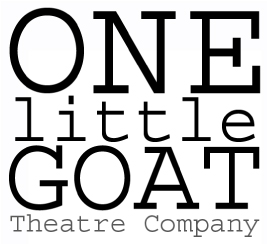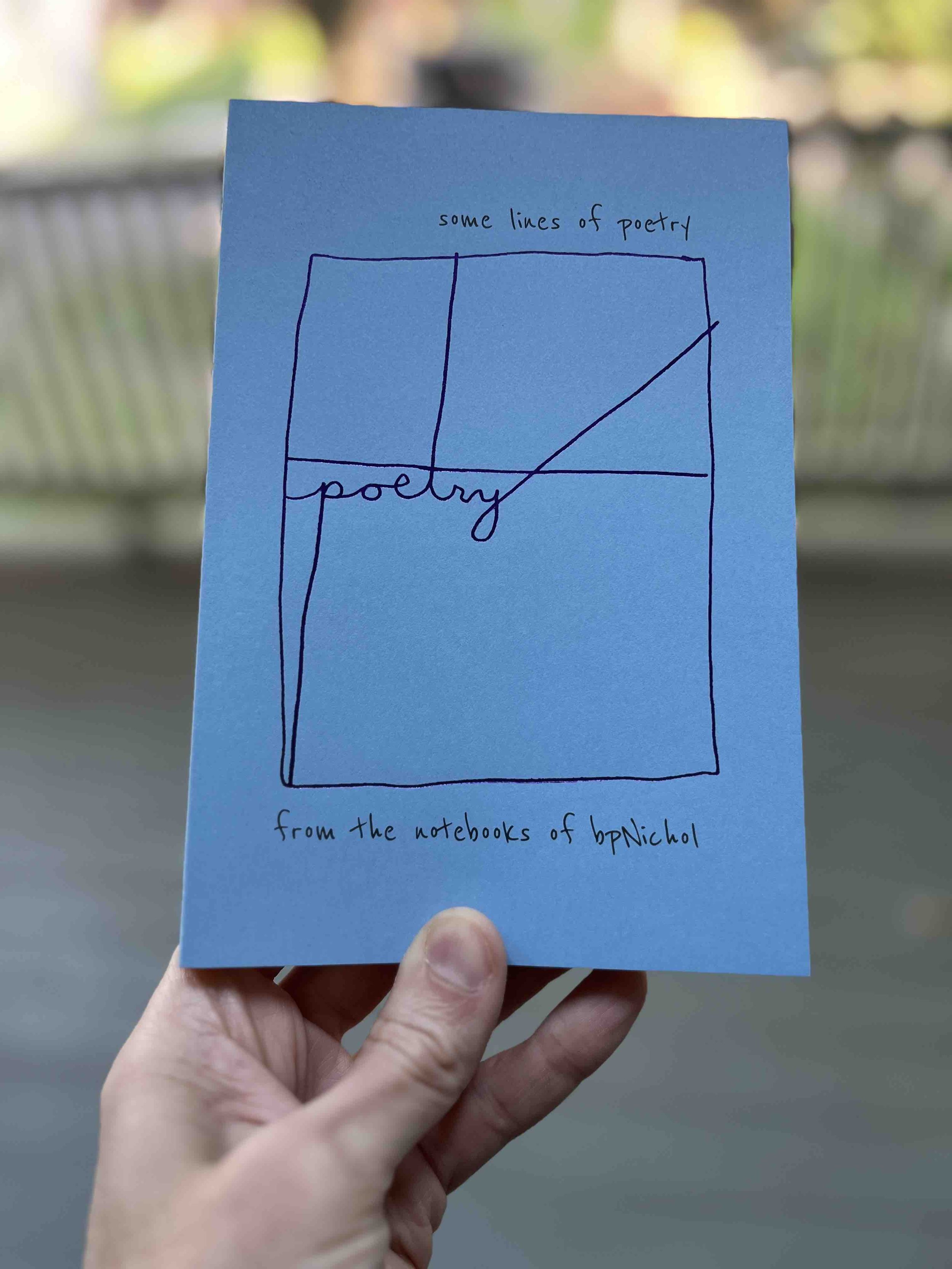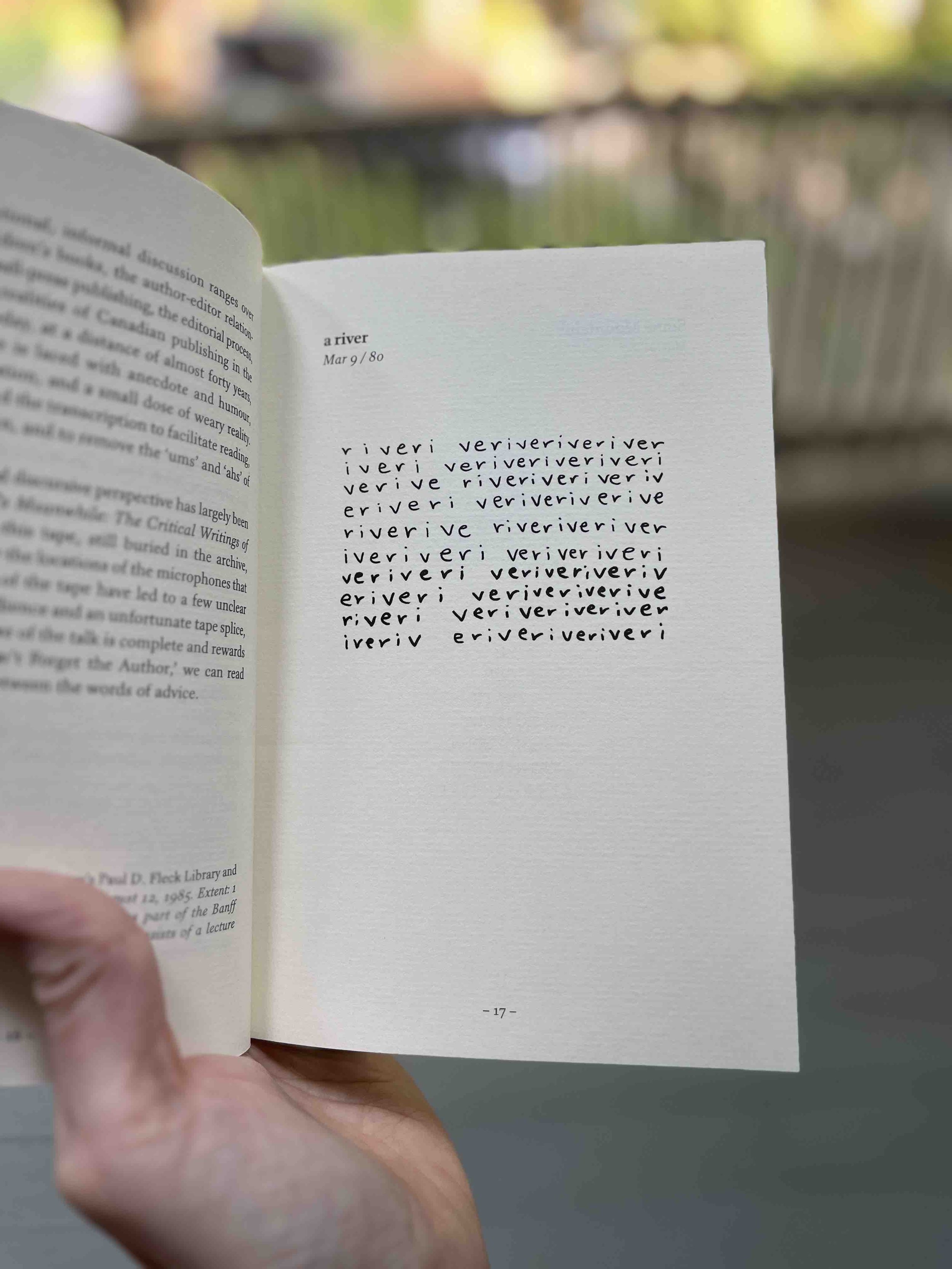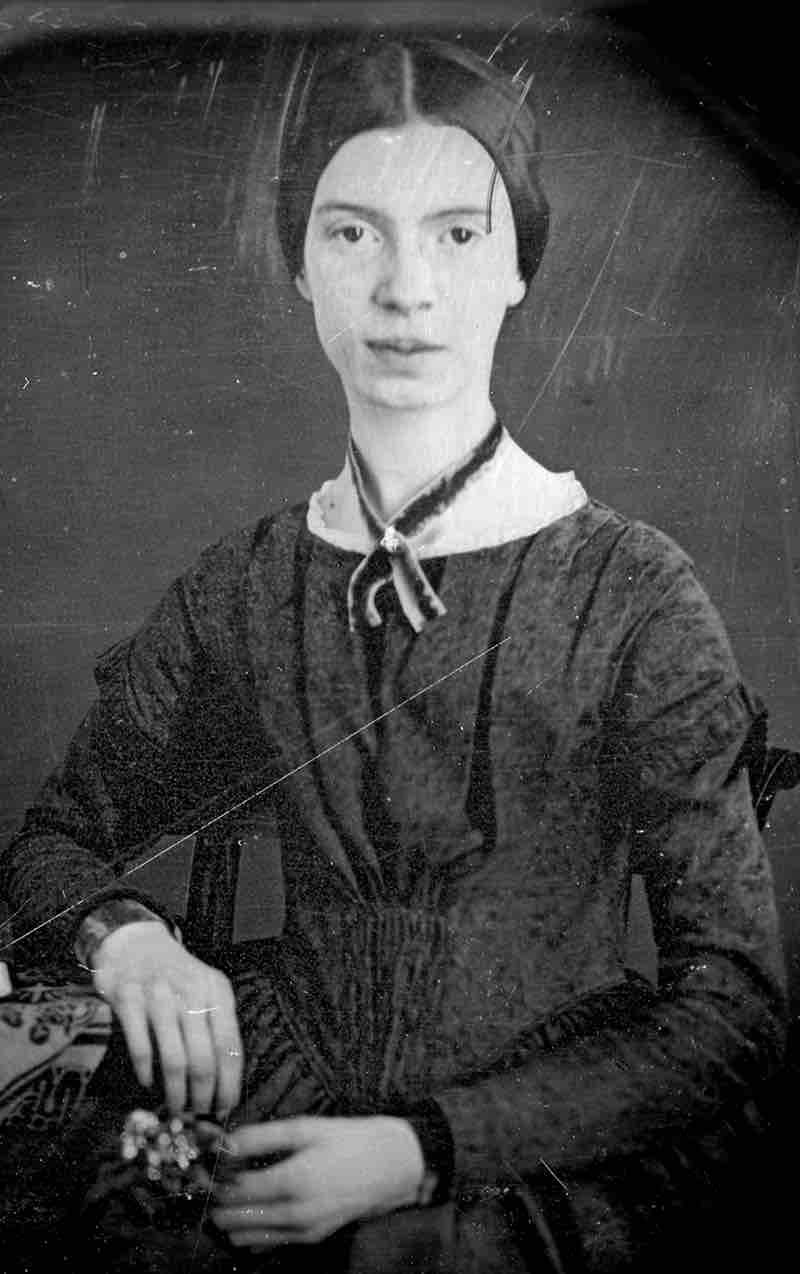JAMES JOYCE’S FINNEGANS WAKE
Episode 010 BALLAD OF PERSSE O’REILLY
PAGE 44:07-47:34 | 2024-10-10
PODCAST AUDIO
PODCAST TRANSCRIPT
“Humpty Dumpty on the wall,” Sir John Tenniel, 1872
[Music: Richard Harte sings “The Ballad of Persse O’Reilly” from Finnegans Wake]
Have you heard of one Humpty Dumpty
How he fell with a roll and a rumble
And curled up like Lord Olofa Crumple
By the butt of the Magazine Wall
[Music fades out]
Adam Seelig: Welcome to James Joyce’s divine and delirious comedy, Finnegans Wake. In this episode, number 10, we’ll hear Irish-Canadian actor — and my good friend and colleague — Richard Harte performing pages 44 to 47, featuring the song, “The Ballad of Persse O’Reilly,” to conclude Chapter 2 of Joyce’s last novel. I’m Adam Seelig, the director of the reading you’ll soon hear, and in today’s case, also Richard’s piano accompanist.
I’m sharing the good news that One Little Goat Theatre Company is releasing our film of “Finnegans Wake Chapter 1” online this fall of 2024 and I encourage you to sign up for our mailing list on our website, www.OneLittleGoat.org, so you’re among the first to know when the movie goes live.
Will you be in Toronto on Monday, October 21st? If so, join us at the Fisher Rare Books Library in the University of Toronto for a very special live taping of Chapter 5 of Finnegans Wake, which will also feature a display of rare books related to the novel, including Marshall McLuhan’s heavily annotated first edition of the Wake and Sir Edward Sullivan’s landmark study, The Book of Kells. The event is free. For more details and to reserve a seat, visit our website at www.OneLittleGoat.org.
[Music: Adam Seelig plays piano]
Adam Seelig: Finnegans Wake is a production of One Little Goat Theatre Company. For the next five years, One Little Goat will film and record all 17 chapters (roughly 30 Hours) of Joyce’s Finnegans Wake before live audiences in various locations, screening and releasing them along along the way, with the aim of completing the entire book in time for its 90th birthday, May 4, 2029. One Little Goat Theatre Company is an official charity in Canada and the United States — if you’d like to support our work, please visit us online at www.OneLittleGoat.org to make a charitable donation. And if monetary support is not an option, you can still help this podcast by rating and reviewing it and by spreading the word. To get in touch, you’ll find our email address on the One Little Goat Theatre Company website and we’d love to hear from you.
[Music fades out]
Adam Seelig: The previous episode of this podcast series (Ep009) introduced us to the scandalmongering busker, Hosty, and left off with Hosty about to sing a slanderous song about protagonist HCEarwicker. This “longawaited Messiagh of roaratorios” (41:28) is titled “The Ballad of Persse O’Reilly,” with Persse O’Reilly playing on the name of Earwicker, since perce-oreille is French for ‘earwig.’ So while Chapter 2 of Finnegans Wake opened with Earwicker and the origins of his name, often attesting to his honourable nature, it now closes with both his name and character perversely distorted. “[O]ur good and great and no ordinary Southron Earwicker, that homogenius man, as a pious author called him,” (34:13-14) is now the salacious and sordid stuff of tabloids — or more precisely, the salacious and sordid stuff of Hosty’s caustic ballad.
Drake (left) vs. Kendrick Lamar, “the toxic feud dominating the world of hip hop.”
Chapter 2 so far has introduced us to Earwicker, described his encounter with the Cad in Phoenix Park, then followed the rumours about Earwicker that spread from that event, spreading initially across Dublin through the highly lubricated medium of “Irish saliva” (37:25), then throughout the Emerald Isle through the printing of Hosty’s “Ballad of Persse O’Reilly.” As you’ll hear in today’s episode, Chapter 2 climaxes and closes with Hosty’s performance of the ballad for a large, eager crowd. The recent rap battle, in the spring of 2024, between hip hop luminaries Drake and Kendrick Lamar, described in the Toronto Star as “the toxic feud dominating the world of hip hop,” proves that the public has an insatiable appetite for a throwdown, showdown, no-holds-barred evisceration of someone’s character. Hosty’s hostile song with its knack for crowd-pleasing malice may predate the hip hop icons of Toronto and L.A. by a century, but ingenious shit-talking has clearly never gone out of fashion. It’s always handy to have a scapegoat or simply someone to kick around.
Joyce wrote the melody for “The Ballad of Persse O’Reilly” and included the notation in Finnegans Wake at the bottom of page 44 (which you can also find in the transcript for this podcast episode published on One Little Goat Theatre Company’s website). As Edmund Epstein points out, the melody of the ballad resembles the familiar Italian tune “Carnival of Venice,” popularized by the composer and violinist Niccolò Paganini (we’ll also link on One Little Goat’s website to Paganini’s variations). The Wake’s version, however, bears a significant difference: it starts in A major, like Paganini’s version, but then — in Epstein’s words — “modulates to A minor, and ends up in A modal; that is, the melody slumps downward, mirroring the Fall of Man, and the tone of the ballad turns grim as the hero of the ballad is identified twice as the runaway Cain.” (38)
Niccolò Paganini by Andrea Cefaly (1827)
In my co-arrangement of the song with Richard, we begin not in A but in E major for three reasons: (1) the song felt good in that key vis-à-vis Richard’s tenor range (incidentally, Joyce himself was a tenor); (2) this gave us room to modulate upward for a number of verses, creating some variation in what could otherwise be a fairly plodding song, the music ironically rising as Earwicker’s reputation goes down; and (3) this ultimately enabled Richard to end the song on a high C. Now for people like me who keep track of such things, this third reason, the ultimate high-C, is very exciting because the very next chapter of the Wake opens with the exclamatory words, “Chest Cee!” — that is, words praising a “chest C” or high-C sung by old-fashioned tenors (McHugh 48:1).
We’re going to start today’s excerpt by repeating the paragraph from the previous episode so we can all enjoy the Wake’s spirited introduction to Hosty’s ballad and then continue into the song uninterrupted. So, as at the end of Episode 9 you’ll hear Hosty’s introduction to and the audience’s anticipation of the ballad; you’ll hear the 100-letter ‘thunderword’ that contains multilingual phonemes conveying clapping and crapping, which perfectly sets up Hosty to sing/talk crap about Earwicker; you’ll then hear my piano introduction to the song (during which, in the film for Chapter 2, from which the podcast audio is taken, I included a montage of various music venues — so wherever you may be listening to this excerpt, be it the US or Canada or Ireland etc., feel free to imagine Hosty taking the stage at your own favourite music venue as the piano intro plays); and finally, we are into the song itself, “The Ballad of Persse O’Reilly.”
I’m going to let Hosty’s merciless and highly entertaining evisceration of Earwicker speak/sing for itself. I’d just like to point out that the third verse begins with a stutter, always so important to the Wake as a form of visceral, elemental speech and as a potential sign of guilt (for more on such stuttering, please visit Episode 8 of this podcast series).
Now it’s time to welcome you back to Noonan’s Irish Pub for Richard’s performance of James Joyce’s Finnegans Wake, page 44 line 7 to page 47 line 34 for the conclusion of Chapter 2. Richard’s singing is accompanied on the piano by yours truly, Adam Seelig.
Our performance was shot and recorded in Toronto at Noonan’s Irish Pub on June 26th, 2023 with a lovely live audience. The film premiered at the Toronto Irish Film Festival, European Union Film Festival, and Bloomsday Film Festival at the James Joyce Centre in Dublin.
[Richard Harte reads and sings Finnegans Wake 44:7-47:34.]
[44] And aroud the lawn the rann it rann and this is the rann that
Hosty made. Spoken. Boyles and Cahills, Skerretts and Pritchards,
viersefied and piersified may the treeth we tale of live in stoney.
Here line the refrains of. Some vote him Vike, some mote him
Mike, some dub him Llyn and Phin while others hail him Lug
Bug Dan Lop, Lex, Lax, Gunne or Guinn. Some apt him Arth,
some bapt him Barth, Coll, Noll, Soll, Will, Weel, Wall but I
parse him Persse O’Reilly else he’s called no name at all. To-
gether. Arrah, leave it to Hosty, frosty Hosty, leave it to Hosty
for he’s the mann to rhyme the rann, the rann, the rann, the king
of all ranns. Have you here? (Some ha) Have we where? (Some
hant) Have you hered? (Others do) Have we whered (Others dont)
It’s cumming, it’s brumming! The clip, the clop! (All cla) Glass
crash. The (klikkaklakkaklaskaklopatzklatschabattacreppycrotty-
graddaghsemmihsammihnouithappluddyappladdypkonpkot!).
Ardite, arditi!
Music cue.
[Adam Seelig plays piano accompaniment for Richard’s singing.]
"The Ballad of Persse O’Reilly."
[45] Have you heard of one Humpty Dumpty
How he fell with a roll and a rumble
And curled up like Lord Olofa Crumple
By the butt of the Magazine Wall,
(Chorus) Of the Magazine Wall,
Hump, helmet and all?
He was one time our King of the Castle
Now he’s kicked about like a rotten old parsnip.
And from Green street he’ll be sent by order of His Worship
To the penal jail of Mountjoy
(Chorus) To the jail of Mountjoy!
Jail him and joy
He was fafafather of all schemes for to bother us
Slow coaches and immaculate contraceptives for the populace,
Mare’s milk for the sick, seven dry Sundays a week,
Openair love and religion’s reform,
(Chorus) And religious reform,
Hideous in form.
Arrah, why, says you, couldn’t he manage it?
I’ll go bail, my fine dairyman darling,
Like the bumping bull of the Cassidys
All your butter is in your horns.
(Chorus) His butter is in his horns.
Butter his horns!
(Repeat) Hurrah there, Hosty, frosty Hosty, change that shirt
[on ye,
Rhyme the rann, the king of all ranns!
Balbaccio, balbuccio!
We had chaw chaw chops, chairs, chewing gum, the chicken-
[pox and china chambers
Universally provided by this soffsoaping salesman.
[46] Small wonder He’ll Cheat E’erawan our local lads nicknamed him
When Chimpden first took the floor
(Chorus) With his bucketshop store
Down Bargainweg, Lower.
So snug he was in his hotel premises sumptuous
But soon we’ll bonfire all his trash, tricks and trumpery
And’tis short till sheriff Clancy’ll be winding up his unlimited
[company
With the bailiff’s bom at the door,
(Chorus) Bimbam at the door.
Then he’ll bum no more.
Sweet bad luck on the waves washed to our island
The hooker of that hammerfast viking
And Gall’s curse on the day when Eblana bay
Saw his black and tan man-o’-war.
(Chorus) Saw his man-o’-war.
On the harbour bar.
Where from? roars Poolbeg. Cookingha’pence, he bawls Donnez-
[moi scampitle, wick an wipin’fampiny
Fingal Mac Oscar Onesine Bargearse Boniface
Thok’s min gammelhole Norveegickers moniker
Og as ay are at gammelhore Norveegickers cod.
(Chorus) A Norwegian camel old cod.
He is, begod.
Lift it, Hosty, lift it, ye devil ye! up with the rann, the rhyming
[rann!
It was during some fresh water garden pumping
Or, according to the Nursing Mirror, while admiring the mon
[keys
That our heavyweight heathen Humpharey
Made bold a maid to woo
(Chorus) Woohoo, what’ll she doo!
The general lost her maidenloo!
[47] He ought to blush for himself, the old hayheaded philosopher,
For to go and shove himself that way on top of her.
Begob, he’s the crux of the catalogue
Of our antediluvial zoo,
(Chorus) Messrs. Billing and Coo.
Noah’s larks, good as noo.
He was joulting by Wellinton’s monument
Our rotorious hippopopotamuns
When some bugger let down the backtrap of the omnibus
And he caught his death of fusiliers,
(Chorus) With his rent in his rears.
Give him six years.
‘Tis sore pity for his innocent poor children
But look out for his missus legitimate!
When that frew gets a grip of old Earwicker
Won’t there be earwigs on the green?
(Chorus) Big earwigs on the green,
The largest ever you seen.
Suffoclose! Shikespower! Seudodanto! Anonymoses!
Then we’ll have a free trade Gaels’ band and mass meeting
For to sod the brave son of Scandiknavery.
And we’ll bury him down in Oxmanstown
Along with the devil and Danes,
(Chorus) With the deaf and dumb Danes,
And all their remains.
And not all the king’s men nor his horses
Will resurrect his corpus
For there’s no true spell in Connacht or hell
(bis) That’s able to raise a Cain.
[End of excerpt]
Adam Seelig: That was Richard Harte as Hosty singing “The Ballad of Persse O’Reilly” to conclude Chapter 2 of Finnegans Wake, pages 44 to 47, recorded with a live audience at Noonan’s Irish Pub in Toronto on June 26th, 2023.
Join us for Episode 11 when Richard begins Chapter 3 of Finnegans Wake. This podcast series is taking a short break between chapters to focus on the film production of future chapters, so please note that the next episode, Episode 11, will release later this fall, exact date to be determined, and we’ll then resume our fortnightly podcast releases every other Thursday. In the meantime, why not follow or subscribe to this podcast so you’re alerted for upcoming episodes. For more on One Little Goat’s Finnegans Wake project, including transcripts of this podcast and trailers for the films, visit our website at OneLittleGoat.org. And to hear about upcoming performances and screenings, join our mailing list, also at OneLittleGoat.org.
To those of you celebrating the Jewish New Year, Shanah Tovah.
And don’t forget to keep an eye out for our film of “Finnegans Wake Chapter 1” releasing online this fall — again, join One Little Goat’s mailing list to be among the first to know.
[Music: Adam Seelig plays piano]
Finnegans Wake is made possible by Friends of One Little Goat Theatre Company and the Emigrant Support Programme of the government of Ireland. Thank you for your support!
And thank you to the artists for this episode: Richard Harte; Sound by William Bembridge; Podcast production by Sean Rasmussen; Stage Management by Jobina Sitoh; Directed by yours truly, Adam Seelig.
A big thanks to Jane Noonan and the staff at Noonan’s Irish Pub, as well as to our wonderful live audience. Thank you to everyone at the Irish Consulate in Toronto. And to Production Consultants Cathy Murphy and Andrew Moodie.
One Little Goat Theatre Company is a nonprofit, artist-driven, registered charity. To donate or find out more or to join our mailing list please visit www.OneLittleGoat.org
Thank you for listening!
[Music fades out]
[End of Ep010]
Mentioned: “The Ballad of Persse O’Reilly,” Hosty the scandalmongering busker, ‘perce-oreille’ is ‘earwig’ in French, Drake vs. Kendrick Lamar rap battle, scapegoat, “Carnival of Venice” melody, Paganini, Seelig and Harte new arrangement of “Ballad of PO’R,” stutter, synopsis.
Resources: Transcript for this episode, including the text of Finnegans Wake pages 44-47.
Finnegans Wake (1939) by James Joyce: there are many free copies of FW to read online or download, e.g. finwake.com
James Joyce Digital Archive, “Chicken Guide” to Finnegans Wake provides a ‘plain English’ paraphrase of each chapter by Danis Rose.
Edmund Epstein, A Guide through Finnegans Wake. University Press of Florida, 2009.
William York Tindall, A Reader’s Guide to Finnegans Wake. Syracuse University Press, 1996.
Roland McHugh, Annotations to Finnegans Wake (4th edition). Johns Hopkins University Press, Baltimore, 2016.
John Gordon’s annotations on his Finnegans Wake blog.
Richard Ellmann’s biography of James Joyce. Oxford University Press, 1982.























